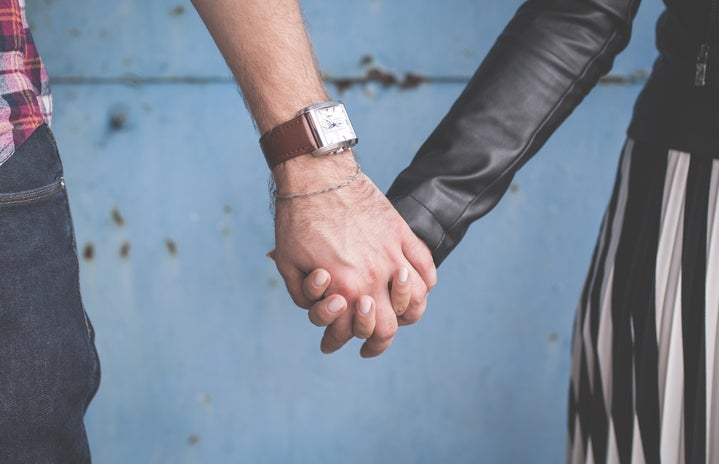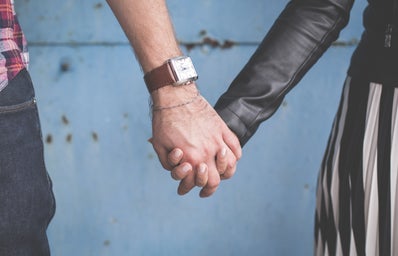Intimate kissing can transfer up to 80 million bacteria from one mouth to another, but recent studies have proved this unique human courtship behavior to be beneficial to the oral microbiota. The human oral cavity houses more than 700 different species of bacteria that play an integral role in the immune system by fighting off viruses and infectious pathogens.
Exposure to your partner’s microbiome introduces more of these helpful organisms, strengthening both yours and your partner’s immune systems. In a recent study, the tongue and saliva samples of 21 couples were cultured. One member from each couple was given a probiotic drink prior to kissing his or her significant other; after intimate kissing, the couple members shared an average of 97 percent of the bacteria introduced by the probiotic drink.
A shared microbiota on the tongue is more indicative of long-term couples that share a household; these members typically share personal care and dietary habits. Those couple members in long-term relationships also completed a kissing history self-assessment where they reported their kissing frequency. It was determined that couple members who reported high kissing frequencies shared more salival bacteria with his or her partner per hour of time passed following the kiss than did couple members who reported low kissing frequencies.
Figure 1 Using the Morista-Horn dissimilarity index, Left: The correlation between kisses per week and similarity and/or dissimilarity of partner oral microbiome Right: The correlation between time elapsed between kisses and the similarity and/or dissimilarity between partner oral biota
The Morista-Horn dissimilarity index was used to relate kissing frequencies and time passed following each kiss to the similarities in microbiota. The index is ranked on a scale from zero, indicating complete similarity, to one, indicating complete dissimilarity. Figure 1 (left) shows that couple members who reported more kisses per week shared more similar microbiotas with his or her partner. Shown in figure 1 (right), less time elapsed between kisses correlates with more similar microbiotas in couple members.
The human microbiome is also influenced by diet, age, sexual activity and many confounding genetic and environmental factors, so don’t worry if you haven’t found the one yet. No one factor is dominant over another. Store-bought probiotics have also been found to boost the immune system as well assist in weight loss.
Photo Source: 1


